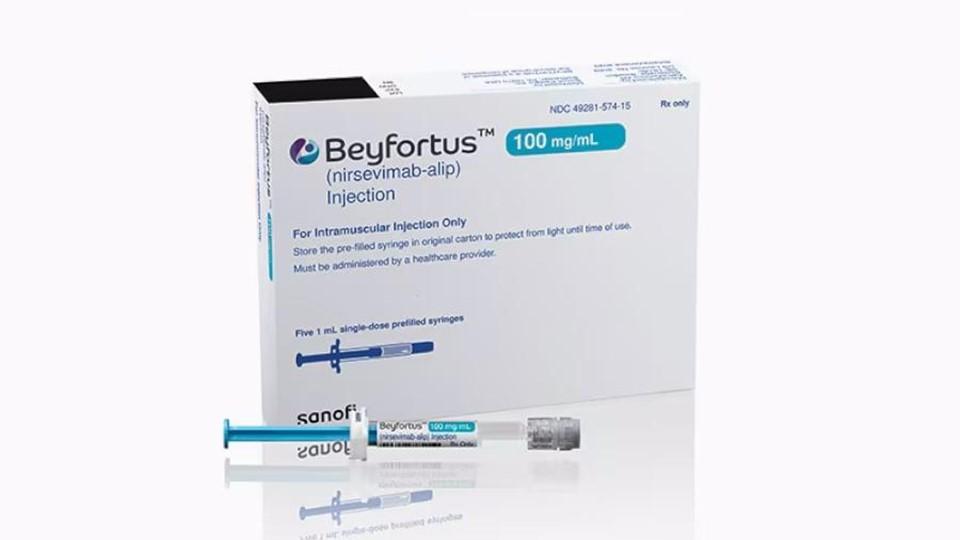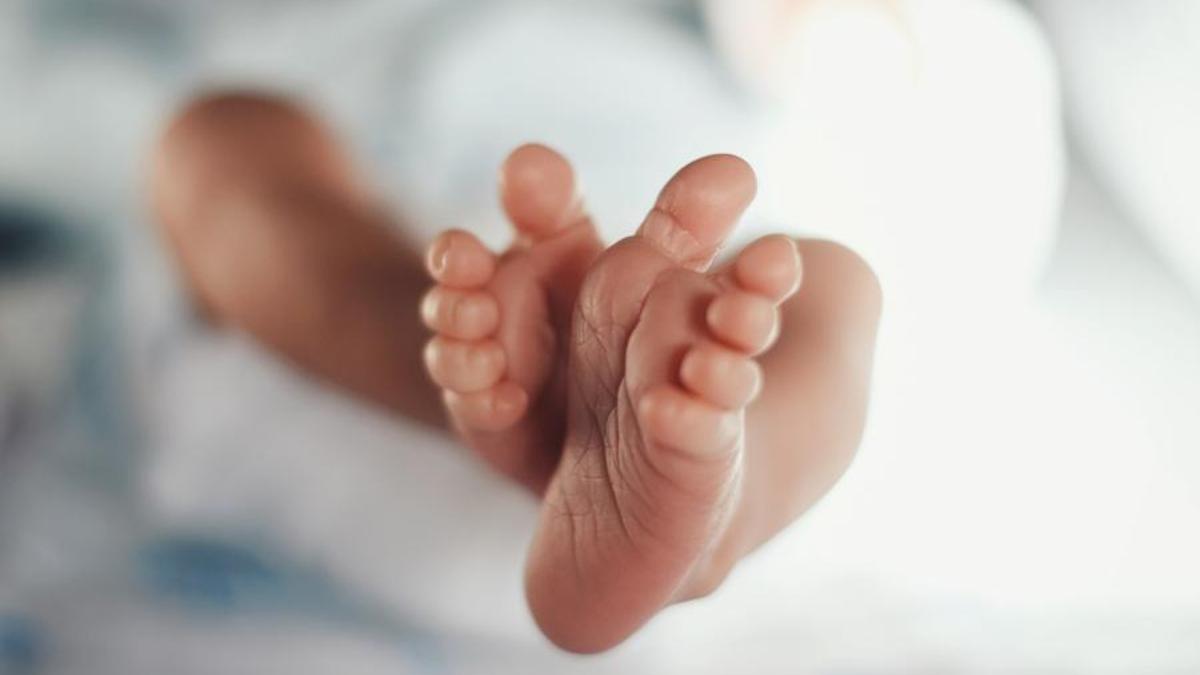AZ, Sanofi's Beyfortus gets CDC okay for RSV prevention

The final obstacle to the routine use of Sanofi and AstraZeneca's Beyfortus to prevent respiratory syncytial virus (RSV) in the US has fallen after it was backed by Centres for Disease Control and Prevention (CDC) advisors.
The CDC's Advisory Committee on Immunisation Practices (ACIP) unanimously recommended the use of the one-shot antibody – by 10 votes to zero – for the prevention of respiratory syncytial virus (RSV) lower respiratory tract disease for newborns and infants below eight months of age born during or entering their first RSV season.
The panel also said Beyfortus (nirsevimab) could be an option for some older babies at increased risk of severe illness caused by RSV as it recommended that the shot be used in the US Vaccines for Children (VFC) programme, making it free of charge to eligible children.
CDC director Mandy Cohen said the drug "provides parents with a powerful tool to protect their children against the threat of RSV", which, according to agency data, hospitalises somewhere between 58,000 and 80,000 children under the age of five each year in the US.
Beyfortus was approved by the FDA last month, shortly after getting a unanimous recommendation from the regulator's Antimicrobial Drugs Advisory Committee, and Sanofi confirmed that it will be launched ahead of the 2023-2024 RSV season, which gets underway in the latter half of the year.
The antibody has also been approved in the EU, GB, and Canada and is under review in China, Japan, and several other countries.
Sanofi's head of vaccine Thomas Triomphe said the ACIP decision means that the US has "turned the corner on the threat of RSV to our youngest, most vulnerable population."
Sanofi and AZ collaborated on the development of Beyfortus, which is a follow-up to AZ's older RSV antibody Synagis (palivizumab), now sold by Sobi. The latter drug is restricted to use in newborns and infants at elevated risk of RSV complications and has to be given monthly.
AZ has taken the lead on the development and manufacturing of the new drug, with Sanofi responsible for commercialisation, and recording sales, with the two companies sharing profits. Sanofi has said it will make Beyfortus available to the VFC programme at a $100 discount to its list price of $495 per dose, making it cheaper than Synagis, but it still led to some criticism among ACIP members.
CDC is recommending one dose of nirsevimab for all infants younger than eight months, born during – or entering – their first RSV season. For a small group of children between the ages of 8 and 19 months who are at increased risk of severe RSV disease, such as those who are immunocompromised, another dose is recommended in their second season.
Beyfortus could face competition in the US later this year from Pfizer's RSV vaccine Abrysvo, which was recommended by FDA advisors as a maternal vaccine to protect newborns from RSV in the first six months of life in May.
Abrysvo is already approved for use in older adults agreed 60 and above, where it faces competition from GSK's Arexvy, and an FDA decision on maternal use is due in August.













